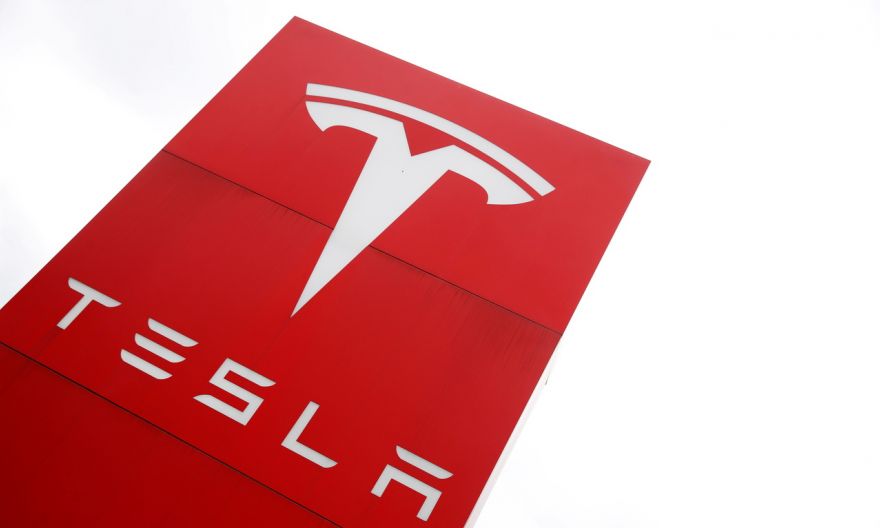Tesla’s India plans dealt blow as minister rules out tax cut

(BLOOMBERG) – India said it has no plans to cut import duties on electric vehicles (EVs), weeks after Tesla appealed to the government to slash taxes, and its billionaire chief Elon Musk floated the possibility of a local factory once it starts selling wholly built units from overseas in the world’s second-most populous nation.
“No such proposal is under consideration in Ministry of Heavy Industries,” Junior Minister Krishan Pal Gurjar told Parliament on Monday, referring to the ministry in charge of making policies for the auto industry. He added that the government is, however, taking steps to promote the use of EVs by lowering domestic taxes and adding charging stations.
The reply to lawmakers may be perceived as part of the tug-of-war between Prime Minister Narendra Modi’s administration, which wants to boost local manufacturing, and Tesla, which is urging India to allow it to import cars more cheaply before it commits to setting up a factory in the country. Tesla last month wrote to the transport and industry ministries requesting them to cut import duty on EVs to 40 per cent from the current range of 60 per cent to 100 per cent, Bloomberg News had reported.
A Tesla factory to produce cars in India is “quite likely” if the electric automaker can first begin sales with imported vehicles, Mr Musk said in a subsequent tweet.
Mr Musk has for years showed his eagerness to enter one of the world’s most-promising car markets, but complained that Indian rules prohibit him from testing the waters first with imports, as high duties make Tesla cars “unaffordable”.
Tesla is seeking to make inroads into Asia’s third-largest economy, where EVs account for less than 1 per cent of annual car sales, compared with about 5 per cent in China. The sparse charging infrastructure and expensive cost have deterred large scale adoption of electric vehicles in India, unlike China where Tesla set up its first factory outside of the United States and now dominates electric-car sales.
Those deterrents have also turned Maruti Suzuki India, the top local carmaker that sells every other car on Indian roads, glum about the uptake of EVs in the nation.
“Unfortunately the technology presently available leads to electric cars being produced at a cost much higher than the conventional cars,” Maruti’s chairman R.C. Bhargava said in the company’s annual report on Monday. “This, along with the lack of charging infrastructure makes it very difficult to sell electric cars to people who can only afford small cars.”
The market penetration of EVs will be “very small” given that only 5 per cent of cars sold in India are priced above 1.5 million rupees (S$27,300), said Mr Bhargava, who heads the local unit of Japan’s Suzuki Motor. The per capita income in India is only US$2,000 – 5 per cent of that in Europe and Japan – which puts expensive electric cars beyond the reach of most consumers, he said.
Such statistics have raised concerns that without progress in cleaning up poorer nations’ roads, global warming will not be kept below dangerous levels even as richer nations plan to phase out combustion-engine vehicles to combat climate change. Most EVs are sold in the United States, China and Europe, where state-backed purchasing incentives and investments in charging infrastructure make it easier for customers to abandon combustion cars.
To achieve net-zero emissions, Maruti will work on hybrid models, improve technology for cars running on compressed natural gas and look into biofuels, Mr Bhargava said. “The use of hydrogen is also an interesting alternative and should be considered specially to reduce dependence on importing Lithium.”
